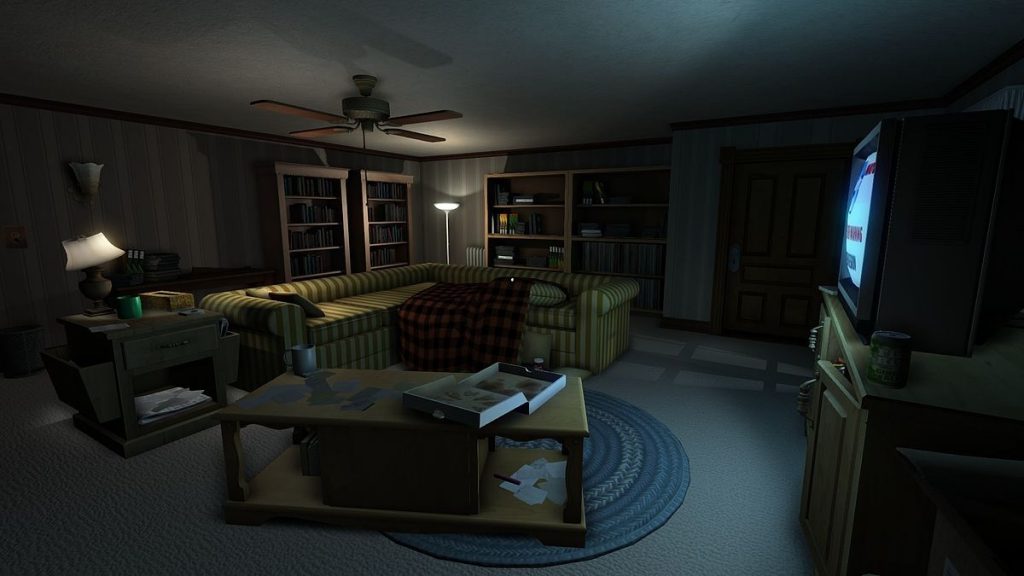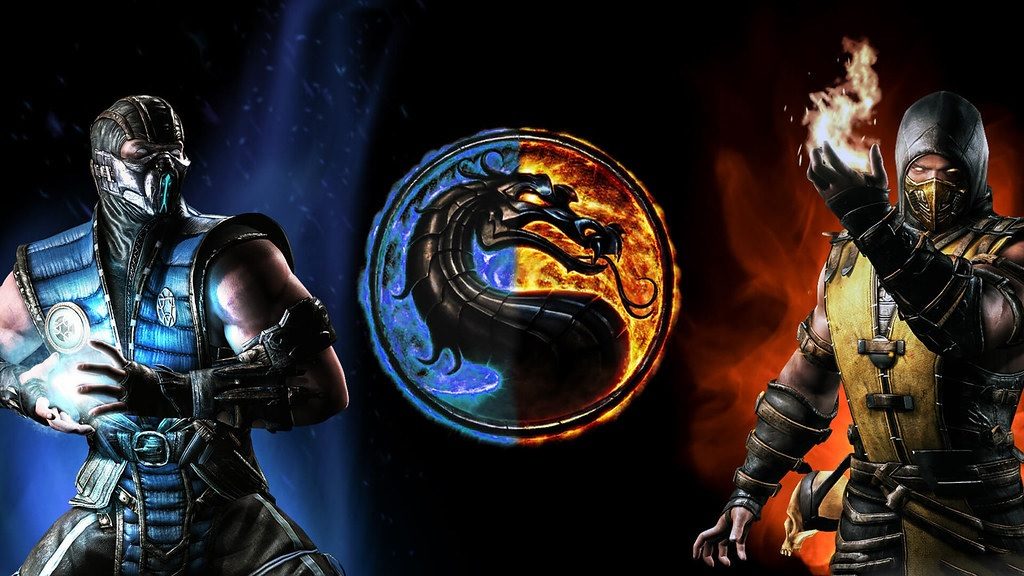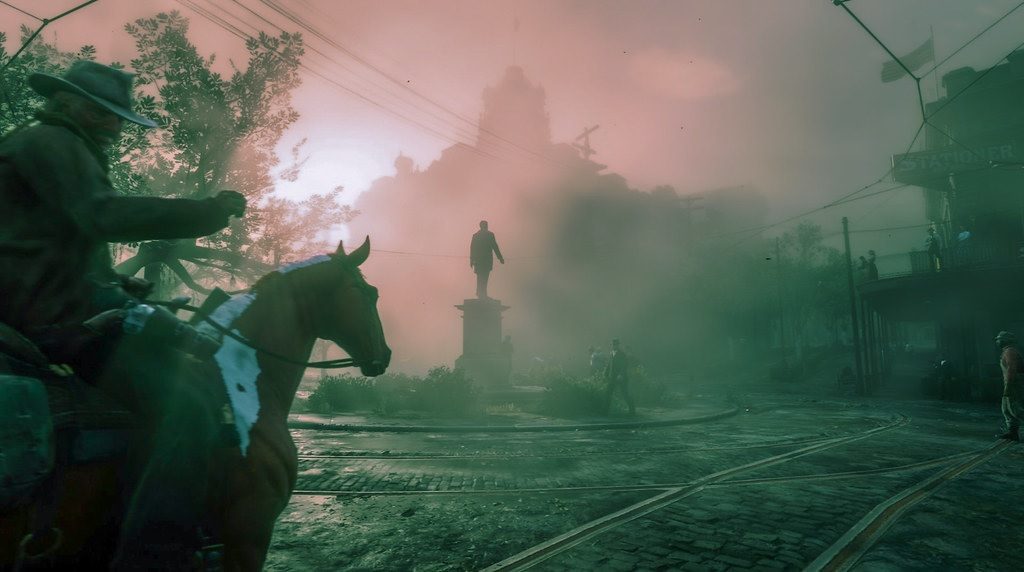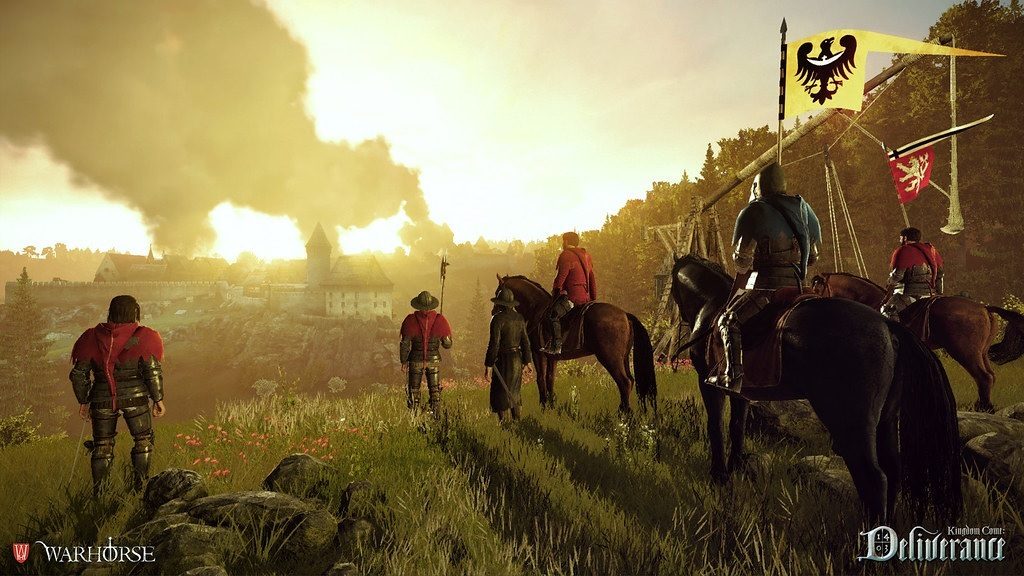
A thoughtful discussion by Paul Gestl
People play video games because they want to experience things they can’t do in real life. But contrary to popular opinion, that doesn’t seem to be the path the current gaming industry is heading towards. This is probably a response to the outcry by mainstream journalists and feminists alike who want to see more relatable female characters.
I once read a story about Netherrealms studios, confirming that they were desexualizing some of the fighters in their recently released game, Mortal Kombat 11. After years of having women dress and look like pinup models in less fabric than you can tear off of a bandana, they flip the script and make them look and dress how a real woman would.
This did not detract from the actual gameplay, and after watching the trailer on YouTube, the game still looks like the epic beatdown it was since the 90s. However, the fanboy outrage has mostly been negative over changing the formula of balls to the walls games like Mortal Kombat and taking off the edge from its over-the-top, dramatically violent predecessors.

In Mortal Kombat’s latest release, the male characters still look like they stepped straight out of a local gym’s locker room, so why aren’t they more toned down? I mean, despite being covered in armor, many of them are sprouting a six-pack and bulging muscles to boot. Long-time fans such as Liana Kerzner have even have gone as far as saying that this change is even more sexist.
Is emphasizing realism ruining games that have built their franchise around extreme blood and gore or pulling stunts that defy the laws of physics? To answer that question, first, we have to ask: Why do we as gamers crave realism? For some games such as the Forza Series, realism is one of the best qualities. Realism makes the cars and tracks in Forza match their real-world equivalents to the letter as closely as possible.
With Forza, I believe we can find the real reason behind people who praise it for simulating cars from their speed to performance on the road. The realism we have in games makes you believe that if you can achieve difficult trials within a realistic game, then you are capable of doing the same in real life.
We might play games as a form of escapism, but I believe it’s hard to find fault with this kind of logic. I suppose there is truth in stating that the more ”real” a game is, the closer we are able to attribute the game’s output as a response to our actions.
In many cases, this association of video game events to real life can be a huge factor in why we like a game. Take for example Metal Gear Solid 5: The Phantom Pain, this is a game praised for its open-world, strategic infiltration which seamlessly connects to real infiltration by espionage spies and the CIA agents who operate in secrecy.
While the game has plenty of “out there” moments, the weapons and armor at your disposal, as a player seems realistic for a veteran soldier such as Venom Snake. Then, when you can stealthily take out an entire fort full of enemy soldiers, you feel like you are the one true badass.
The setting being a facsimile of reality makes you feel all the more incredible when you overcome the odds stacked against you. In these scenarios, I can see why realism should have its place in games. That being said, there are some games that might take this too far, imposing restrictions people don’t want to deal with.
Recently, Red Dead Redemption 2 was released. After looking at plenty of gameplay, I made the decision not to purchase it even though back in high school, I respected the first game as one of my favorites. And no, it wasn’t just the cool cowboy hats either. The Dead-eye targeting system played off a 1v1 duel you don’t see often in quick-time events.
My primary reason to avoid the game was also the main reason some fans sought it out instead, the realism. In the first game, running, looting, and getting to the meat of being a cowboy in the Old West, appealed to me. Nevertheless, their strict adherence to realism in the new game turned me off because many mechanics seem like a chore.
In the new game, when looting, Artur picks up each individual item, in which after a period of time, his beard and hair grow to be scraggly without any grooming and you are limited to a few guns in your horse’s saddlebags when you advance on a new encounter. It honestly hinders your progress as a skilled gunman.
Some would look at these features and like the gritty realistic side of it. But I only saw pointless add-ons that I would need to waste time on rather than gunslinging to hunt down those bounties. The first game had none of those, and the worse part is, the NPCs you partner with, don’t need to follow these rules, so why am I forced to?

One game I played on Steam exemplified this Realism vs Gameplay argument of mine; it’s called Kingdom Come Deliverance. I did not like this game despite its theme being in the medieval days of knights and yore. I like RPGs, they very well may be my favorite genre, but this game was horrid to me on many levels.
Combat is complicated and clunky with too much put into attacking and blocking from 8 different directions in a multitude of fashions. So when you do get struck by an enemy attack, you might as well reload from the start since getting hit leads to an injury, which creates a downward spiral that ends up with you dying. Poor Henry, it seems avenging his family will take a backseat to maintain a balanced diet.
In addition, you get really drunk in the game, which wouldn’t typically be an issue, except that the main way to save the game is to consume a particular drink. There was so much in this game dedicated to making it gritty and difficult like the hardships faced by actual medieval European knights, that I felt like I was fighting the game more than I was playing it.
Overall, the emerging realism trend in games has its pros and cons. It feels awesome when you can overcome a problem as it would be presented in the real world, immersing yourself realistically in a fictional character’s shoes.
Although the debate is still ongoing, developers cannot sacrifice gameplay for this. I think adding more obstacles for the sake of realism misses the point entirely. We play games to have fun and face challenges, even survival games have their crafting systems pre-made rather than forcing you to tie a bundle of sticks together one by one.
The game developers should ask themselves, “Why are we doing this?” before implementing obstacles that hinder gameplay such as the ones I’ve discussed before.



